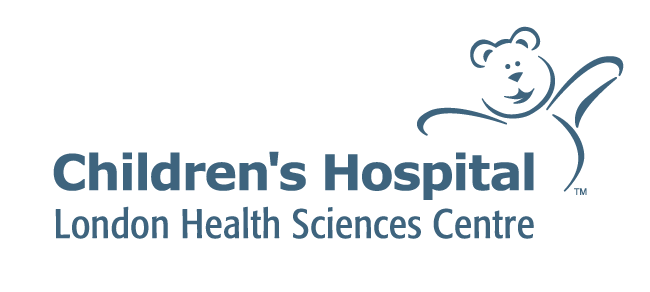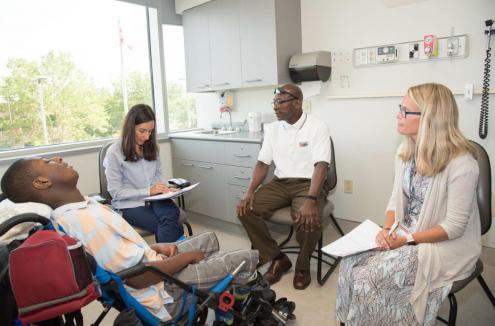If you or your child is between the ages of 16-18, our Transition Clinic – ‘Know Before You Go’ is available for you. Adolescence is a crucial time with many changes, including critical thinking, cognitive skills, and autonomy (individual choice), all of which make for a complicated jump to adult life. An adolescent person with epilepsy may face additional challenges. Transition Clinics were developed around the world for different chronic conditions, including epilepsy. Transition is a process that prepares you and your family for ‘adult’ health care and assists in navigating the adult health care world.
In the Paediatric Epilepsy Program we have 2 different Transition Clinics.
The 1st is a Transition Clinic run by a Transition Specialist and a Paediatric Social Worker (the rest of the team is not present). This clinic is for any youth with epilepsy that are a part of our Paediatric Neurology Team to assist in transitioning into adult health care.
During this session, we will look ahead and plan for your future. While you are still in school, you can prepare for the opportunities and experiences of being an adult. The transition planning can be fun and exciting but requires your participation with the team to make it successful. If possible, we may meet for part of your appointment without your caregiver in the room. We may also ask you to complete a survey assessing your readiness to transition.
Some topics we may discuss include:
- Taking on more responsibility for making health related decisions
- Becoming more independent with medications and appointments
- How alcohol, smoking, drugs, driving, relationships and mental health impact your health
- Plans for post-secondary school, choices about where you are going to live, and what kind of job you will have
- Financial resources and social supports recommended before you turn 18.
The 2nd Transition Clinic is the Epilepsy Transition Clinic for youth who have been diagnosed with drug resistant epilepsy and are seen within the Comprehensive Epilepsy Clinic. Here, you will meet with your new Adult Epileptologist (Physician), Transition Specialist, and Paediatric Social Worker to discuss how treatment will look in the adult world and what extra supports are needed in the upcoming years to fully participate at home, in school and in the community.
Some topics that you may discuss with your Adult Epileptologist, Transition Specialist and Paediatric Social Worker include:
- Medical concerns/treatment plan. Continuation of your treatment plan when started within the paediatric epilepsy care and how to smoothly continue it within the adult care.
- Taking on more responsibility for making health related decisions
- Becoming more independent with medications and appointments
- How alcohol, smoking, drugs, driving, relationships and mental health impact your health
- Plans for post-secondary school, choices about where you are going to live, and what kind of job you will have
- Financial resources and social supports recommended before you turn 18
- Future goals
Please ask your Paediatric Neurologist for more information and see the tools and resources below.
Tools and Resources:
Teen Resource from Epilepsy Canada
Transition Readiness Checklist for Teens
Transition Readiness Checklist for Caregivers
Transition Resources and Supports
What to Expect and Transition Tips
Quality of Life questionnaire 1
Quality of Life questionnaire 2
Websites:




